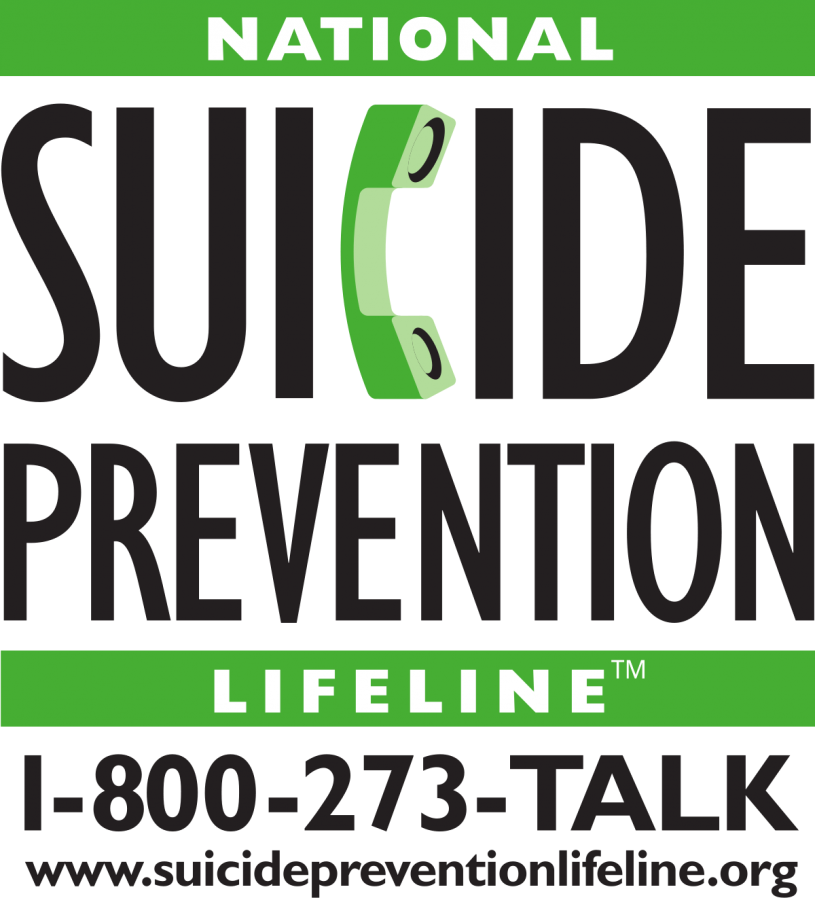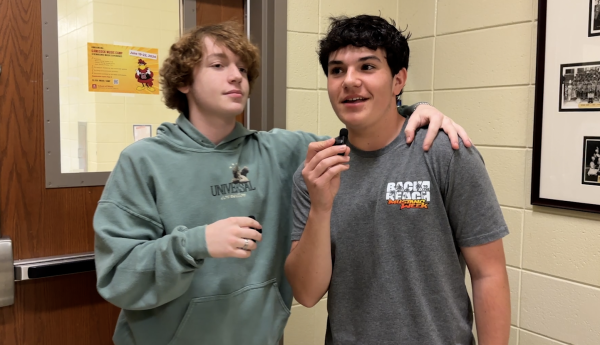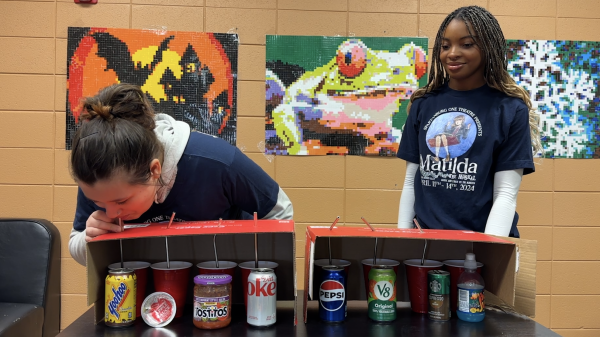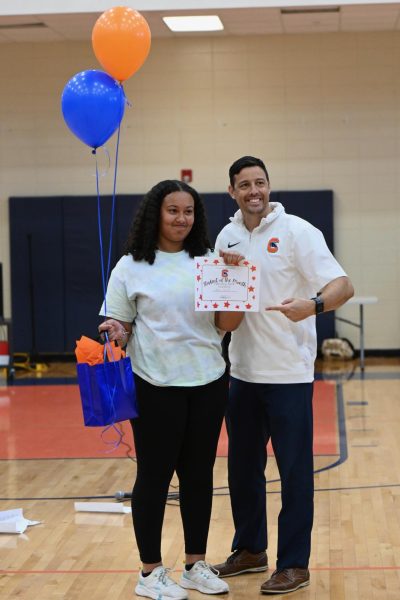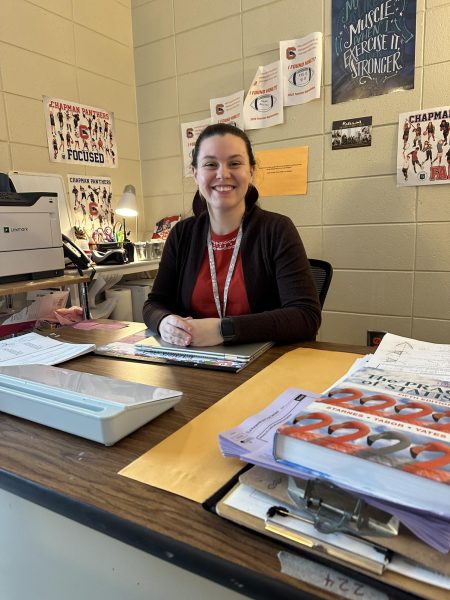Suicide prevention doesn’t stop in September
As Suicide Prevention Month draws to a close, it’s important to remember that even though the month of September may end and suicide awareness decreases, the struggles of people with suicidal thoughts and the impacts that suicide can have on victims’ families are still very devastatingly real.
According to the CDC, suicide is the tenth leading cause of death in both the United States and South Carolina. In South Carolina, 16.9% of suicide victims are ages 15-24.
Guidance counselor Jarrod Ray highlights some of the warning signs of someone struggling with suicidal thoughts.
“Warning signs that a student may be having thoughts of suicide are isolation from friends and family, withdrawing from activities that they once found joy in, giving away belongings and talking about being a burden to to others,” Ray said. “There are other risk factors that make a person more vulnerable to suicide such as a family history of suicide, bullying, access to lethal means such as firearms or pills and having other mental health issues.”
This year, all Chapman students received the suicide prevention hotline number — 1-800-273-8255 — on the back of their student ID cards. Ray believes that giving students immediate access to the hotline is crucial for instant support and help.
“Having immediate access to support in times of crisis is important for preventing suicide,” Ray said. “Typical means of support may not always be available, so a phone number students can call 24/7 is a great idea.”
In 2019, 16.2 deaths per 100, 000 people were suicide, and in 2020, suicide was the third leading cause of death for South Carolinians ages 10-24.
“There are very few things as difficult as losing someone to suicide,” Ray said. “Families are left to cope with the pain of losing a loved one and the void that’s left behind. Conflicting, confusing, and heart-breaking thoughts and emotions stay with (them) indefinitely.”
If you are a student who knows someone contemplating suicide, Ray encourages you to speak up and let a trusted adult know. Getting help is the best thing you can do for someone in a time of crisis.
“If you see something, say something,” Ray said. “It’s better to have what may be an uncomfortable conversation than to live with the regret of coulda, shoulda, woulda.”
As for students who are struggling with suicidal thoughts, Ray encourages you to be brave and speak up as well.
“Don’t suffer in silence,” Ray said. “Find someone you feel you can trust and share what you’re thinking and feeling. Keep sharing until you find the support you need.”
Your donation will support the student journalists of Chapman High School. Your contribution will allow us to purchase equipment and cover our annual website hosting costs.

